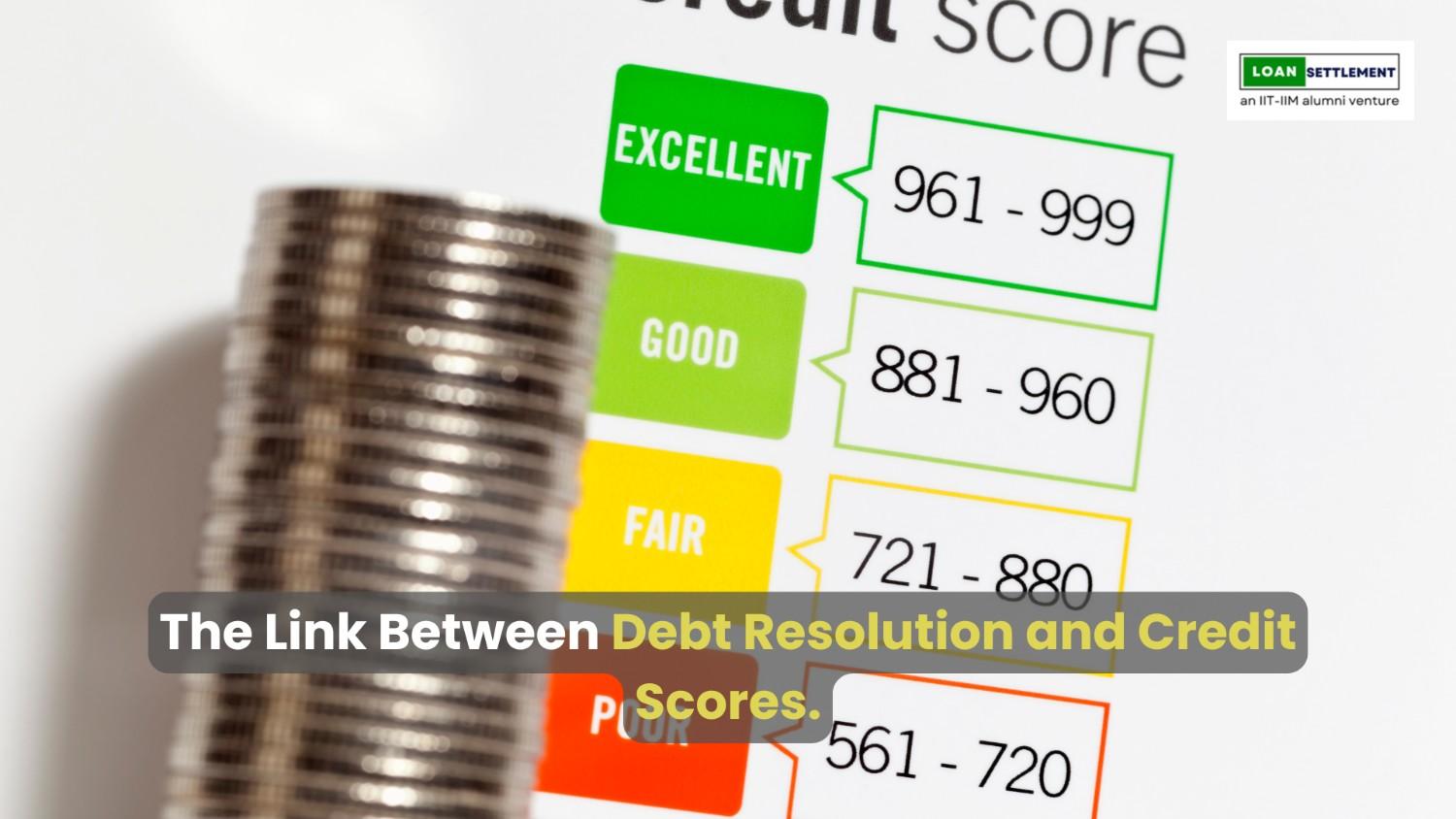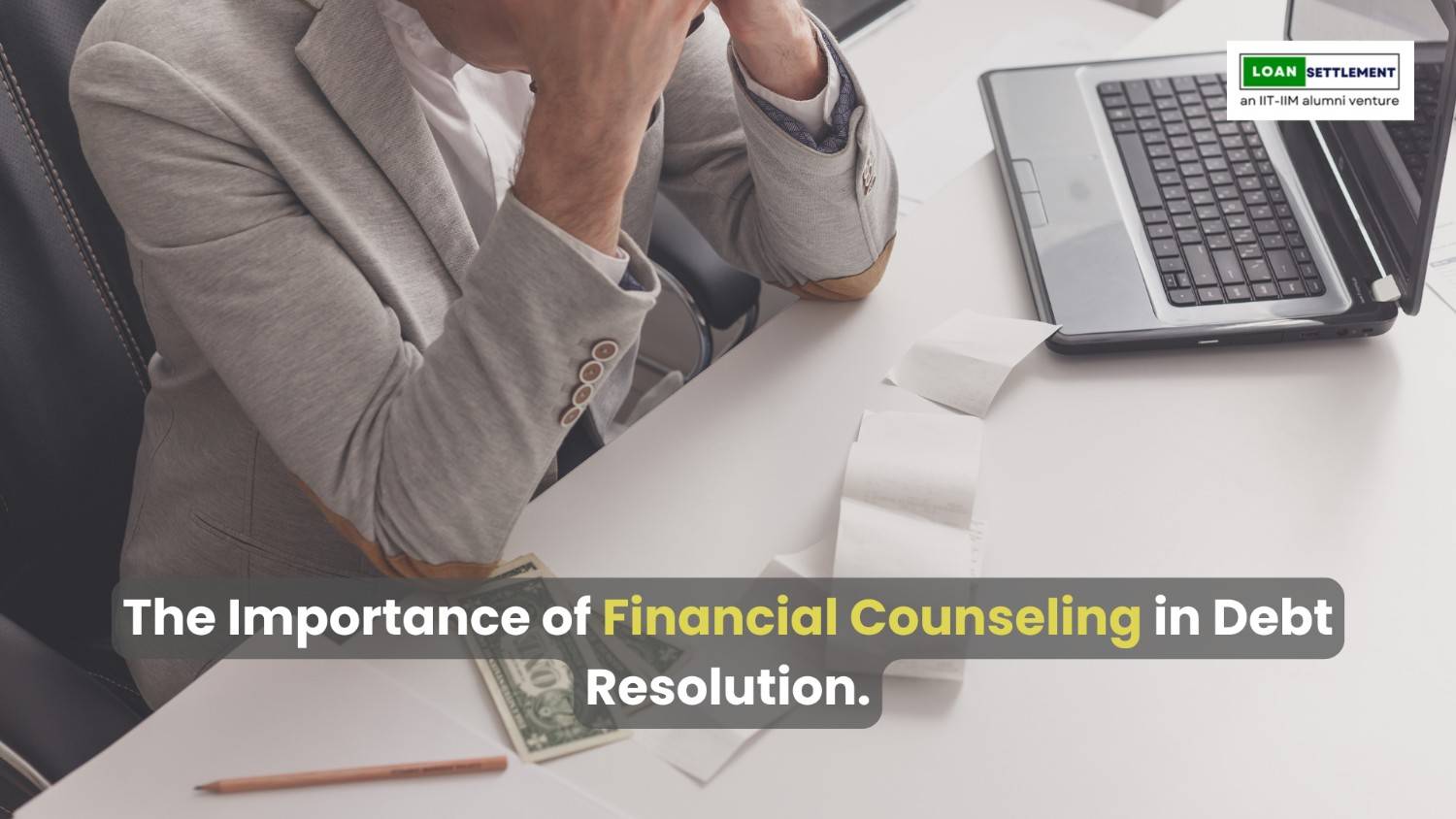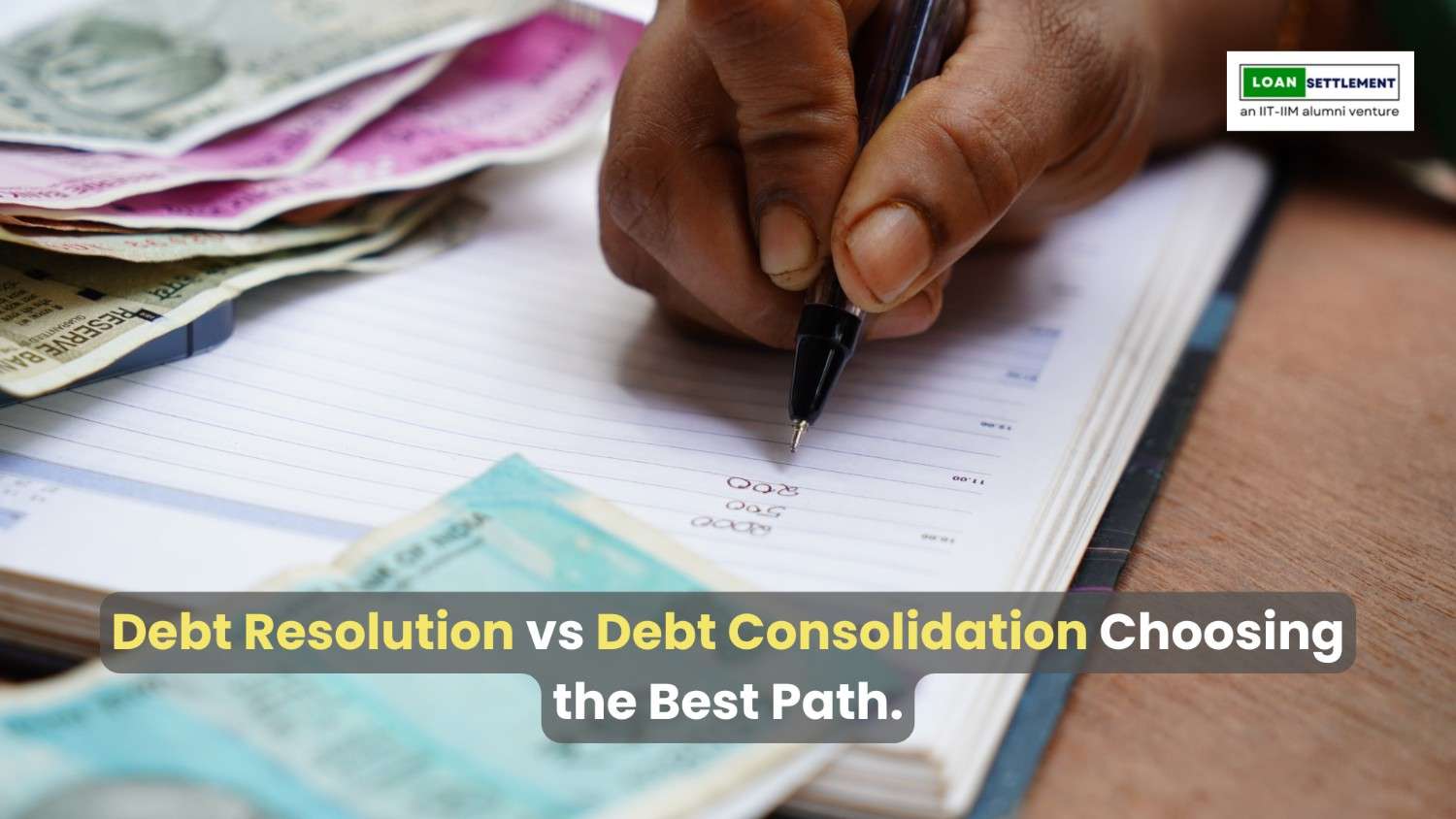· Debt Resolution · 3 min read
The Link Between Debt Resolution and Credit Scores
Resolving debt and protecting your credit score might seem contradictory, but they go hand in hand. Learn strategies like creating a debt resolution plan, communicating with creditors, and avoiding common pitfalls to achieve financial stability while safeguarding your credit.

Resolving debt and protecting your credit score might seem contradictory, but they go hand in hand. Debt resolution involves paying off or negotiating your debts, which can impact your score temporarily. However, the long-term benefits of becoming debt-free outweigh the short-term dips.
Strategies to Protect Your Credit Score While Resolving Debt
Create a Debt Resolution Plan
Start with a solid plan. List all your debts, interest rates, and due dates. Prioritize high-interest debts while maintaining minimum payments on others. Having a roadmap reduces the risk of missed payments, which could harm your credit.
Communicate with Creditors
Don’t dodge your creditors—they’re more understanding than you might think. Reach out to discuss alternative payment plans or request reduced interest rates. A proactive approach can prevent your account from going into collections.
Avoid Missing Payments
Missed payments are the kryptonite of credit scores. Even during financial struggles, ensure you meet minimum payment requirements. Use tools like reminders or automatic payments to stay on track.
Monitor Your Credit Report
Errors in your credit report can lower your score. Check your report regularly through platforms like CIBIL or Experian. Dispute inaccuracies promptly to prevent unnecessary damage.
Consolidate Your Debt
Debt consolidation combines multiple debts into a single loan with a lower interest rate. It simplifies payments and can improve your credit score over time if managed well.
Seek Professional Assistance
Financial advisors and credit counselors can guide you through the debt resolution process. They’ll help you explore options like settlement, consolidation, or repayment plans without wrecking your credit.
Common Pitfalls to Avoid
Ignoring Your Debt
Ignoring debt won’t make it disappear it’ll only worsen your credit. Take action early to minimize damage.
Applying for Too Many Loans
Multiple credit inquiries within a short period can hurt your score. Space out loan applications and only apply when necessary.
Falling for Debt Relief Scams
Be cautious of promises that sound too good to be true. Research thoroughly and choose legitimate debt resolution services.
Tools and Resources for Managing Credit Scores
Credit Monitoring Services
Platforms like Credit Karma or CIBIL offer real-time updates on your credit score, helping you stay informed and take corrective action.
Budgeting Apps
Apps like Mint or YNAB (You Need a Budget) help track expenses and manage debts effectively. These tools can keep you on the path to financial recovery.
The Road to Financial Recovery
Once your debts are resolved, focus on rebuilding your credit. Pay bills on time, keep credit utilization low, and avoid unnecessary debt. A consistent, disciplined approach will ensure long-term financial stability.
Conclusion
Resolving debt while protecting your credit score is no easy feat, but it’s entirely achievable with the right strategies. Stay proactive, communicate with creditors, and monitor your credit regularly. Remember, every small step you take today will lead to a stronger financial future.
FAQs
Can debt settlement ruin my credit score permanently?
No, the impact is temporary. With consistent efforts, you can rebuild your credit over time.How long does it take to rebuild my credit score after resolving debt?
It depends on your financial habits, but noticeable improvements can occur within 6–12 months.Is debt consolidation better than settlement for credit protection?
It depends on your situation. Consolidation usually has a lesser impact on your credit score compared to settlement.How often should I check my credit report?
Check it at least once a year or more frequently if you’re actively resolving debt.Can a credit counselor improve my credit score?
Indirectly, yes. They can guide you in managing debt effectively, which positively impacts your credit over time.



